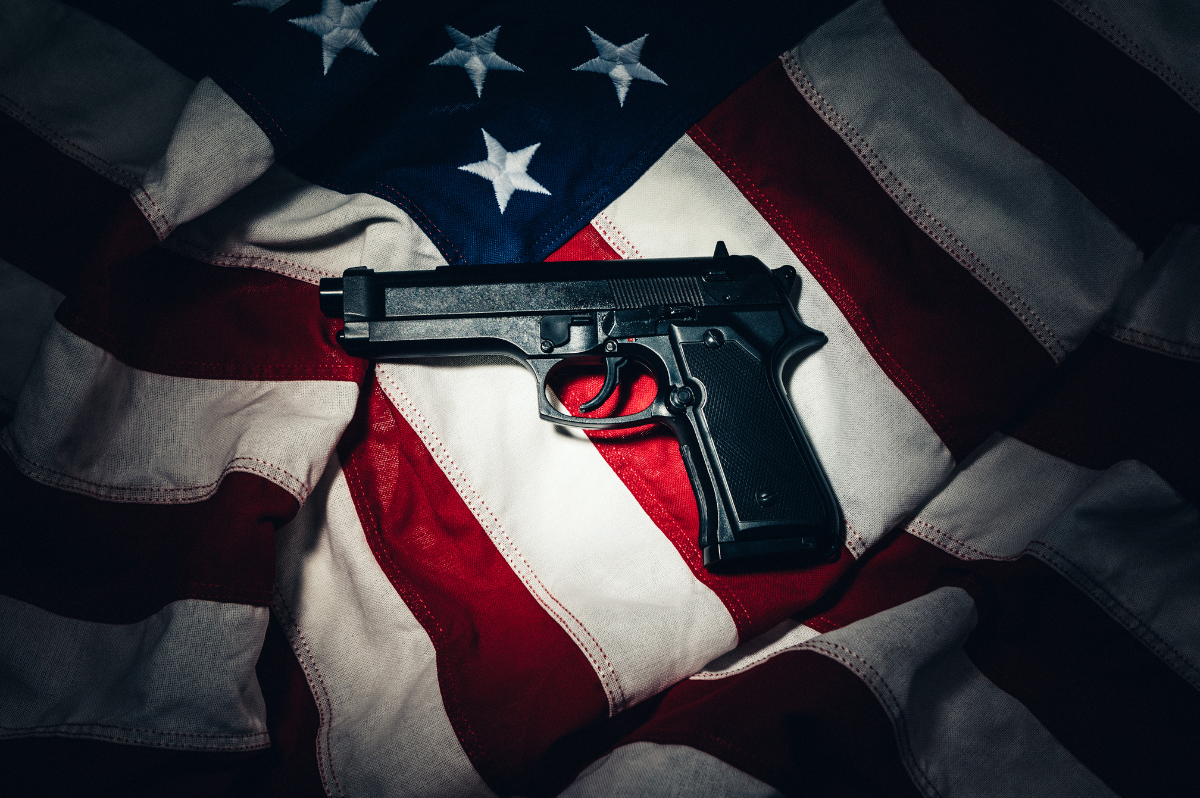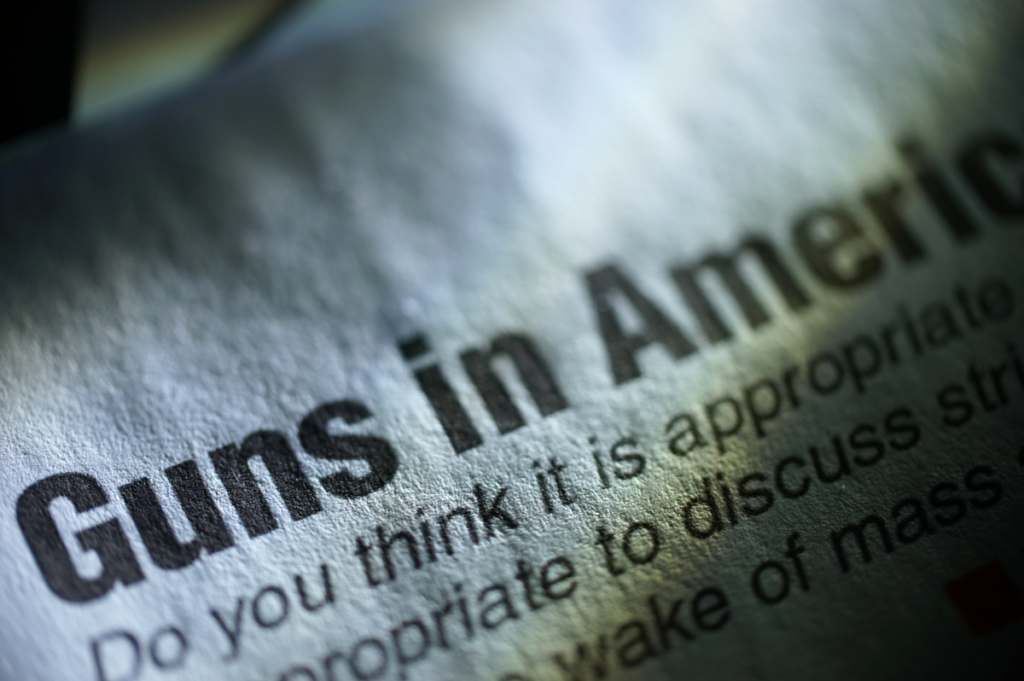
 0
0 
In recent years, the attitudes of Americans towards gun ownership have been shifting significantly. This transformation is mirrored in the statistics and trends that show a decrease in support for stricter gun laws and an increase in the number of citizens owning firearms. As we delve into these changing attitudes, we’ll examine their implications on the gun control argument, political views, and overall opinions of Americans.

According to a Gallup poll, Americans’ 52% support for stricter gun laws is the lowest since 2014, while the 19% who favor a ban on possession of handguns is also at an all-time low. These figures suggest a growing acceptance of gun ownership among Americans.
Furthermore, the Pew Research Center points out that the reasons behind gun ownership have only changed modestly since their 2017 survey. More than four-in-ten Republicans and Republican-leaning independents are gun owners (44%), indicating a partisan divide in gun ownership.
The decreasing support for stricter gun laws and the increasing number of gun owners could potentially impact the gun control argument. The shift in public sentiment may lead to decreased momentum for gun control advocates and could influence lawmakers to reconsider pushing for more stringent gun regulations.
However, it’s crucial to note that while the general trend leans towards lesser gun control, certain segments of the population, such as young Americans, still feel unsafe and support stricter gun laws. This dichotomy may result in a more nuanced debate on the issue, where different demographic groups advocate for varied solutions.

The changing attitudes towards gun ownership are also likely to shape political views and overall opinions. The partisan divide noted by Pew Research indicates that gun ownership has become a significant identifier for political affiliation. Therefore, the increased acceptance of gun ownership could further polarize political views and voting behavior, especially as gun rights become a more prominent issue in political campaigns.
Additionally, this shift may lead to an increased normalization of gun ownership in American society. As more people own guns and advocate for gun rights, societies’ overall opinion may become more accepting of firearms, leading to a cultural shift where gun ownership is seen as a norm rather than an exception.
The long-term consequences of this trend are multifaceted. On one hand, the increased ownership and acceptance of guns could lead to a more armed society, potentially raising concerns about public safety and societal violence. On the other hand, it could also result in a greater emphasis on responsible gun ownership, with more resources dedicated to firearm safety training and education.
Regardless of the direction, this trend will undoubtedly influence the ongoing debate over the Second Amendment. As attitudes continue to evolve, the interpretation and application of the Second Amendment could also change, shaping the future landscape of gun laws in the United States.
In conclusion, the changing attitudes of Americans towards gun ownership are reshaping the country’s political, social, and cultural landscapes. As we continue to navigate this complex issue, it’s crucial to stay informed and engaged, understanding that our collective attitudes and actions will shape the future of gun ownership in America.

 0
0